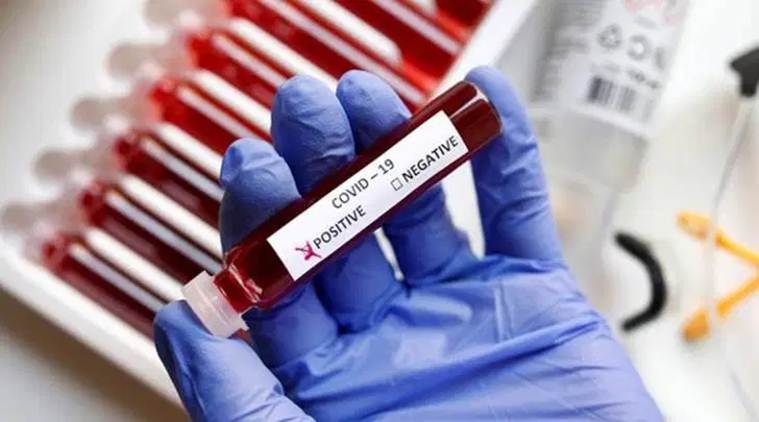 A division bench of the Gujarat High Court headed by the Chief Justice Vikram Nath on Friday heard several matters pertaining to issues arising in the backdrop of Covid-19 pandemic.
A division bench of the Gujarat High Court headed by the Chief Justice Vikram Nath on Friday heard several matters pertaining to issues arising in the backdrop of Covid-19 pandemic.
Amicus Curiae Brijesh Trivedi opposed the state government’s submission before the Gujarat High Court that while Covid-19 testing could be broadly categorised under the fundamental rights as enshrined in the Constitution but was subject to “reasonable restrictions.”
Opposing state government’s submission that it was empowered to impose “reasonable restrictions” on the fundamental right to life, Advocate Trivedi said that they have “no right to stop” anyone from getting tested for Covid-19 at their own cost.
The state government’s submission comes even as the Ahmedabad Medical Association (AMA) pushed for testing up to 40,000 samples a day, in proportion to the Centre’s direction to the Delhi government on testing.
A division bench of the Gujarat High Court headed by the Chief Justice Vikram Nath on Friday heard several matters pertaining to issues arising in the backdrop of Covid-19 pandemic.
Advocate Trivediopposed the state’s submission that “fundamental right under Article 21 of the Constitution is also not an absolute right and is subject to reasonable restrictions.” He questioned if we were “under a political Emergency such as in 1975 where fundamental rights come with reasonable restrictions”. He reiterated that this was a pandemic and as the state’s resources are limited, “at least they have no right to stop anyone from getting tested at his own costs…”, submitting that the state’s submission is “nothing but a negative mindset” and “this is not a political emergency where a person’s fundamental rights can be taken away.”
Meanwhile, the latest testing policy as framed by the Gujarat health department has also been questioned by the AMA which submitted that Gujarat’s daily testing should be increased in light of the fact that Delhi, with a population of 1.9 crore, has been directed by the Centre to ramp up testing to 18,000 a day.
“Gujarat then with a population of 6.5 crore should test up to 40,000 per day. We also submitted that seven laboratories which have received ICMR approval for testing, are yet to receive approval from the state government,” said Advocate Rohan Shah, who along with Advocate Mitul Shelat, is representing AMA.
The state government’s policy which has done away with government-appointed medical officers’ approvals and instead permitted testing if prescribed by an MD, has been challenged to allow testing if prescribed by an MBBS doctor. As submitted in an affidavit filed by Dr Mona Desai, heading AMA, advocates Rohan Shah and Mitul Shelat told the court that in rural areas where most Public Health Centres are manned by MBBS doctors, a suspected patient will then have to travel to the nearest town, where MD doctors may be available.
Advocate Shah said that it was submitted by Advocate General Kamal Trivedi that ICMR stipulates that only a qualified treating doctor can prescribe tests, essentially an MD doctor, the ICMR submitted before the court on Friday, said that laboratory tests should only be offered when prescribed by a “qualified physician”, that is, MBBS doctors as well, according to advocate Trivedi.
Meanwhile, an affidavit filed by Assistant Solicitor General Devang Vyas on behalf of ICMR, clarified the jurisdiction on framing of testing policies by state government vis-a-vis the guidelines issued by ICMR. It was submitted that the while the guidelines issued by the central ministry of health are “statutory in nature,” and thus binding on the state government, “other guidelines issued by the ICMR are recommendatory or advisory in nature.” The said statutory guidelines pertain to protocols of Covid-19 testing in private labs.